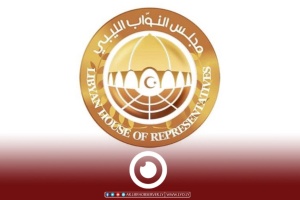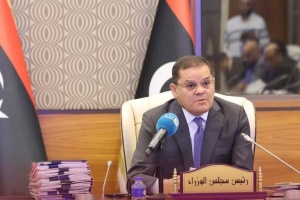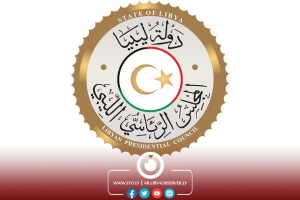The Speaker of the House of Representatives (HoR), Aqila Saleh, said that the system in Libya resembles the so-called “Council System or Assembly System,” claiming that the HoR “possesses legislative and executive powers.”
This announcement came in an interview with Asharq Al-Awsat newspaper in response to the criticism he had faced after issuing a decision to impose a 27% tax on the sale of foreign currencies, based on the proposal of the Governor of the Central Bank of Libya.
Saleh has defended the decision by saying that the HoR appoints senior officials in state institutions, and draws up the state’s general policies as well as other competencies, especially in light of the exceptional circumstances that the country is going through.
"These circumstances sometimes require quick measures in order to achieve the public interest as the goal. This matter will be presented to the House of Representatives for approval after ensuring that it is in the interest of the Libyan citizens and economy." He added.
On March 15, Saleh issued Resolution (No. 15) of 2024 imposing a tax on the official exchange rate of foreign currencies by 27% for all purposes until the end of the year 2024, and the Central Bank of Libya directed the banks to implement the decision.
This decision sparked widespread controversy in Libyan politics, as members of the House of Representatives demanded the withdrawal of the decision, describing it as “unjust” to the citizens, and that it was ill-considered, stressing that the decision exceeded the authorities of the HoR Speaker that he possessed according to Law (No. 4) of 2014 of the HoR's bylaws.








